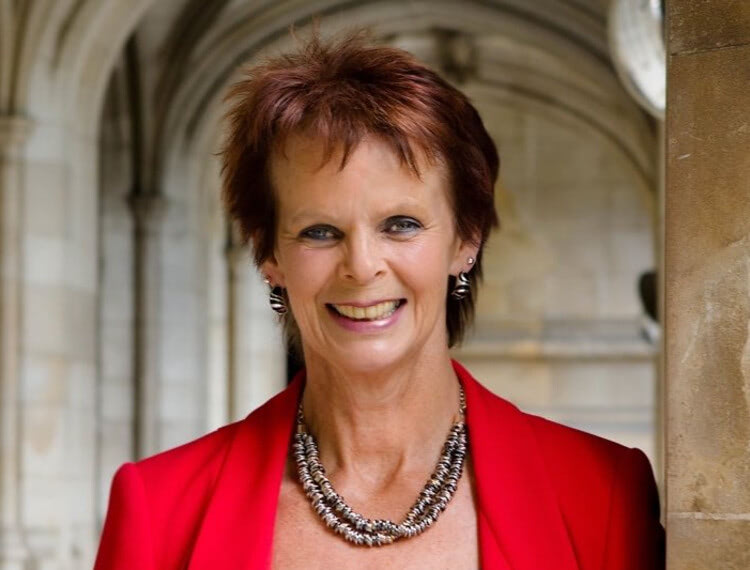What do we need from the White Paper?

How do we stop further education, feeling like an afterthought?
There has been a bit of an echo on my twitter feed over the last few days after I responded to David Hughes who had replied to someone (who yet again had forgotten colleges) with the tweet “Presumably#andcolleges?” A deluge of other hashtags came my way eg #andadults #andapprenticships #andtraineeships #andlifelonglearning #andvocationalstudents – and I daresay given time there could be many more including #andBTECs.
A sensible person rightly pointed out that repetition isn’t the answer (if it did work then it would have worked before now) but repitition has felt like the only tool in the box despite endless lobbying by many including the Assication of Colleges, AELP and many individual providers. So how do we stop further education, feeling like an afterthought?
With all that in mind we await the White Paper with baited breath hoping that this is the opportunity we have craved. The start of new attitudes in government and the media to further education and training. Vocational and technical qualifications getting the respect they deserve. Those vaguely condescending and patronising attitudes shifting. And a realisation that via the wide range of further education colleges and independent providers we can give people the opportunity through vocational and technical courses to gain skills and start rebuilding our economy.
The White Paper should be ambitious, inspiring and critically set out a vision for the future of FE with an overarching strategy to deliver that vision.
There is excellence to be found in both colleges and independent providers and they will rise to the challenge. There needs to be some space (less central control and more trust maybe) in which they operate to allow them to be sufficiently agile and flexible to respond to learners needs and the needs of local employers and business. Maybe a less prescriptive view on where training and educational opportunities should be provided but how they should be provided including dovetailing in some instances into the HE sector.
What we want is a positive story about the value of vocational and technical education
BTECs have certainly got more publicity than we normally see on the back of the exam debacle but what we want is a positive story about the value of vocational and technical education, training and qualifications and the part they play in building the skills of this country. We want there to be an understanding that the journey into work isn’t the neat straight line that I think politicians and policy officials crave. That people’s journey is often complicated sometimes requiring numerous steps along a path and sometimes with setbacks, where the qualifications gained often give people the much needed personal ‘confidence markers’ to enable them to continue on their journey. It can take people time to build confidence, build skills and find their place in the world of work. I hope that the White Paper acknowledges that students be they adults or young people, have complex lives and often very mixed experiences of education.
We don’t yet have hard facts on what the post Covid employment market will look like but it won’t be an easy time for those joining work for the first time nor for those who have lost their jobs. Last year I had the privilege to Chair the City and Guilds Roadshows around the country and came away being very struck at the strong agreement from all those who attended for a bottom up, locally driven approach. There were clearly very different challenges in each region but each argued strongly for the close involvement alongside local employers, of local authorities. It makes much sense.
Centralised control rarely allows the necessary flexibilities needed to respond to local circumstances.
The report from The Independent Commission on the College of the Future similarly recognises the central role for employers with the Commission commenting after the publication for the need to “…..develop a coherent and connected education and skills system with employers playing a central role”. The Commission’s report is meaty and whether you agree with all the recommendations or not alongside the City and Guilds work we have two examples that demonstrate that the FE sector is ready, willing and keen to get going and take on the challenges.
Whenever I get a chance to listen to the evidence sessions of the Education Select Committee under the excellent Chairmanship of Robert Halfon, I never cease to blown away by the commitment and passion shown by those that appear. I saw this passion at every visit I did as a Minister from students and the staff. There is enthusiasm and passion that is hard to match elsewhere. Across all providers whether they be independent, colleges or community based, the staff who work there all share one mission: to take an adult or young person to the next step on their path to a successful and rewarding life and career. Give the providers a chance to do this and they can unlock the potential of those that will rebuild our economy over the years ahead. The White Paper should be an enabler to that end setting out vision, strategy and give providers the tools to deliver that strategy.
Rt Hon Anne Milton – Former Minister of State for Apprenticeships and Skills











Responses